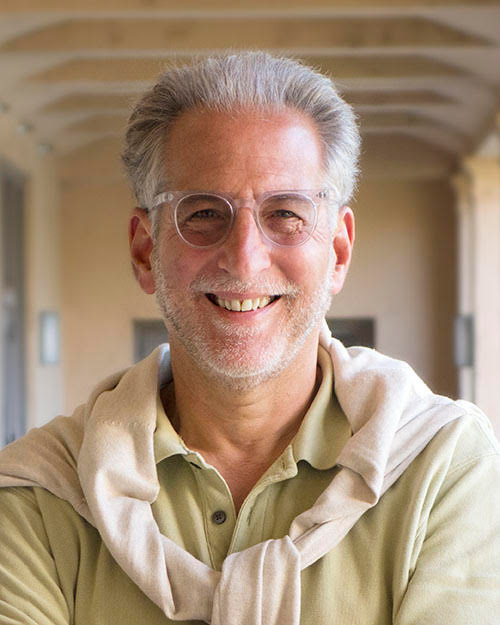
For many reasons, some individuals that are more susceptible to the adverse effects of negative developmental experiences (e.g., harsh parenting) are also disproportionately susceptible to the beneficial effects of supportive and enriching experiences. This “for better and for worse” take on developmental plasticity highlights how such individuals’ genetic, physiological and temperamental “risk” factors also function as “opportunity” factors, leading to better than anticipated outcomes.
In his public lecture Beyond Risk, Resilience and Dysregulation: Differential Susceptibility to “For Worse and for Better” Environmental Influences, Jay Belsky, Professor of Human Development at the University of California, Davis, will discuss the implications for targeted interventions, especially where societies face pressure with limited resources to improve well-being. Prof. Belsky is being hosted by Prof. Laurette Dubé, who leads McGill’s Brain-to-Society (BtS) research program on interactions between environment and genetics to better understand, prevent, and treat neurobehavioral diseases.
When: Feb. 19, 5:30 p.m. to 7 p.m.
Where: McGill’s McIntyre Medical Building (3655 Promenade Sir-William-Osler)
